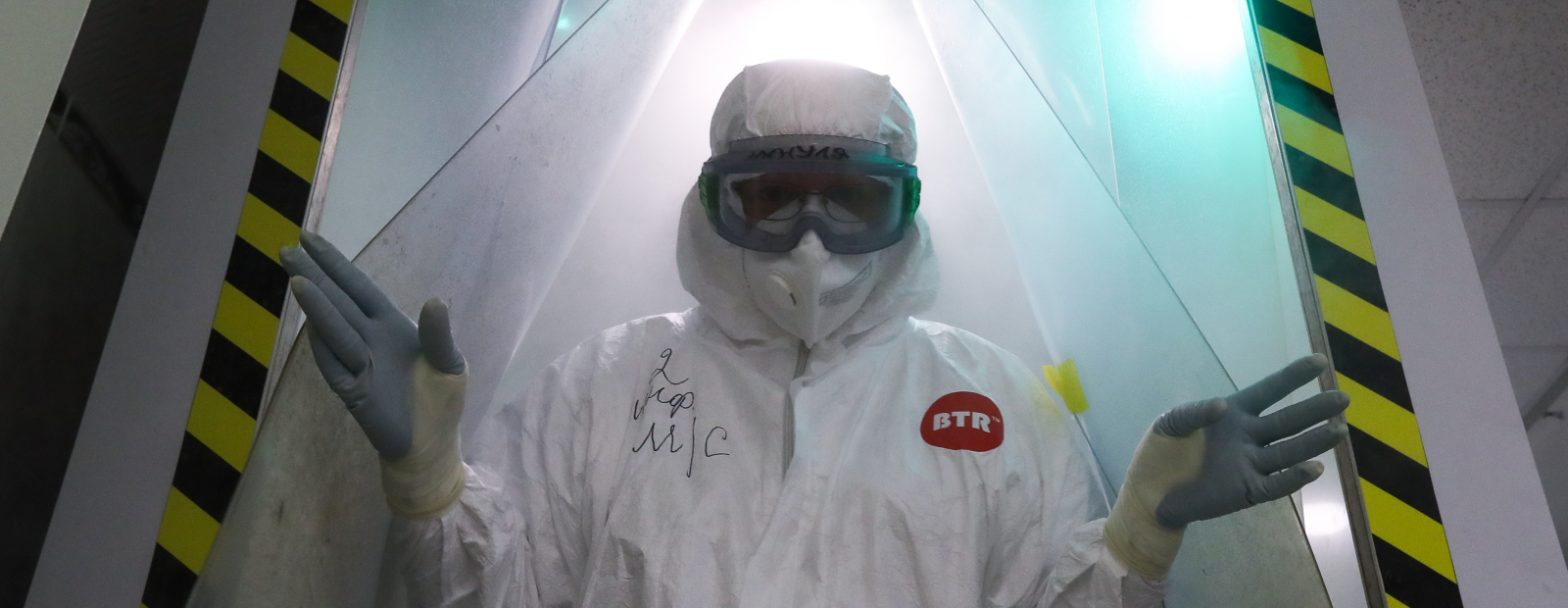New research should clarify how people can stop taking antidepressants. Every year, more than a million Dutch people swallow these resources and some of them find it difficult to get rid of them. Scientists from Amsterdam UMC and Radboudumc are now receiving funding for research to gain more insight into how patients can best stop.
The individual differences are large, says researcher and psychiatrist Christiaan Vinkers of the Amsterdam UMC. “Some people stop whistling, others make several quit attempts but do not succeed. Some fall back into a depression during tapering, others get withdrawal symptoms such as a feeling of flu, dizziness or other complaints.”
Nothing is good anymore
Peter Oostelbos (66) has been suffering from depression all his life and is now phasing out medication. He did that nine years ago, through trial and error. “I relapsed regularly. Then I became more gloomy and my head filled with negative thoughts that I had no control over. Those thoughts are about myself, about my wife, actually about everything. Nothing is good anymore. That starts in the morning when I wake up and don’t stop until I fall asleep at night. “
Oostelbos thinks it is exciting to wind down now. “Not only for myself, but also for my wife. When I relapse I don’t feel like doing anything without isolating myself, I am easily irritated and I do not take responsibility in the household. Then everything comes down to my wife and that delivers. tension. There are quite a few relationships that break down.
–


